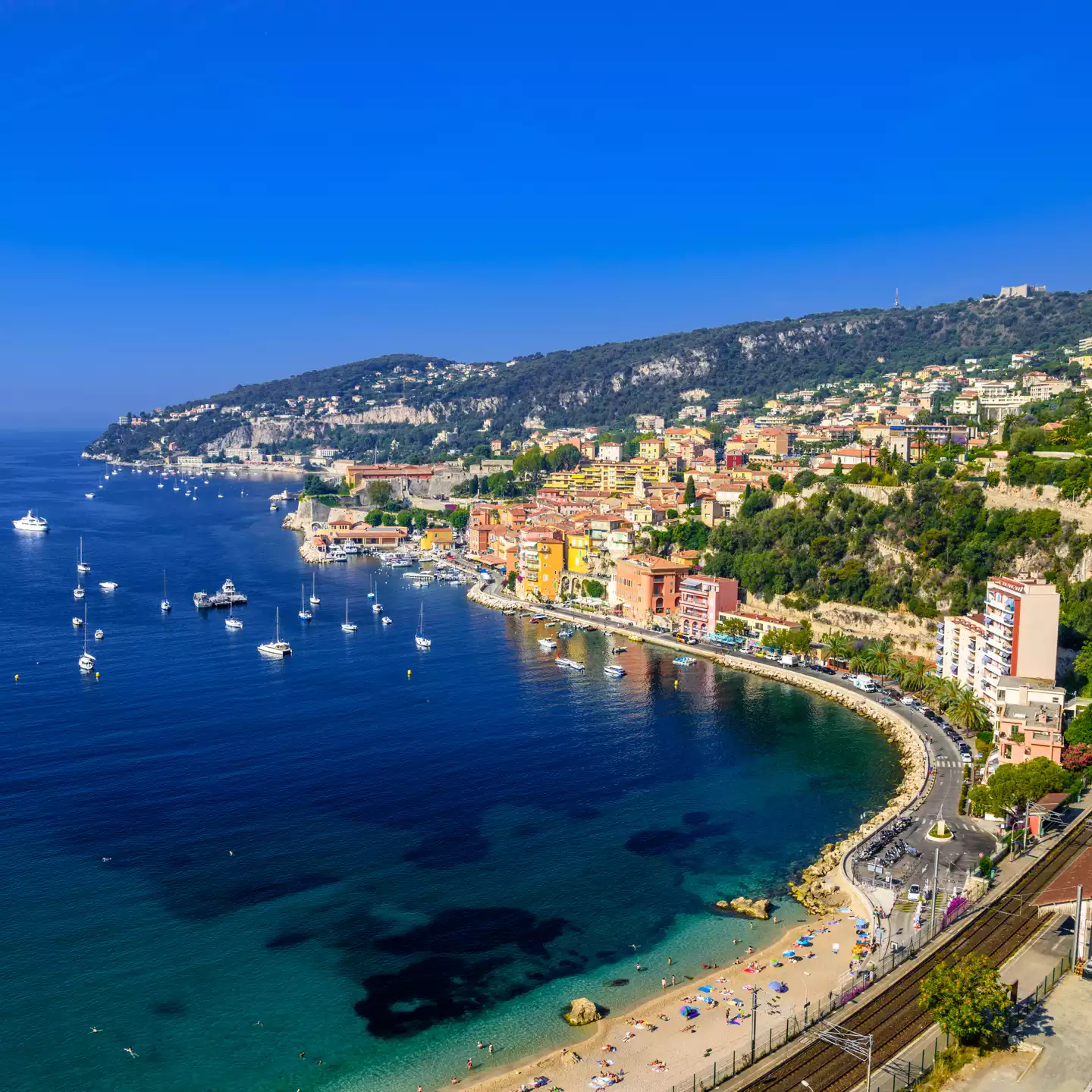Once the purchaser has found the property meeting its requirements, thanks to Magrey & Sons real estate agency, the sales process initiates.
It is first customary that, as soon as the parties agreed upon terms and price, they mutually enter into a pre-contract. This contract may be a bilateral sale agreement (“promesse synallagmatique”), commonly called preliminary sale agreement, or a unilateral sale commitment.

The term bilateral sale agreement refers to a process into which parties commit themselves, in a definite and irrevocable way, to conclude the sale according to the conditions provided for in the pre-contract, subject only to compliance with the conditions precedent.
With a bilateral sale agreement, the parties undertake to complete the sale in accordance with the terms of the pre-contract, subject only to conditions precedent. Even if this is not mandatory, the signing of the sale agreement is generally associated with the payment by the purchaser of a security deposit of an amount of 5% of the selling price.
However, with a unilateral sale commitment, also subject to conditions precedent, the seller undertakes to sell the real property to the beneficiary of the commitment if the latter decides to exercise the option within a period determined in the pre-contract. In exchange for this exclusivity granted to the beneficiary of the commitment, the latter pays the promisor reservation fees, of a usual amount of 10% of the selling price, amount which the promisor will keep should the purchaser decide not to proceed with purchase.
Unlike the preliminary sale agreement, the unilateral sale commitment is couched in a heavy formalism, since it must imperatively be registered in a period of ten days following its signature, in the case it is executed under private deed, or in a period of one month following its signature, in the case it is executed under notarial deed, a formality which requires that the purchaser pays registration fees of an amount of 125 Euros.
Whether the pre-contract is a unilateral sale commitment or a bilateral sale agreement, it is thus subject to the fulfilment of conditions precedent beyond the control of the parties. It can be ordinary conditions precedent (pending exercise of pre-emption right by the township or any beneficiary of a preferential right, absence of proof of the existence of a mortgage debt on the property superior to the purchasing price, absence of proof of the existence of a serious urban planning easement…) or particular conditions precedent (granting of a bank loan, granting of a planning permission, approval of the co-owners…).
The pre-contract will put in writing the conclusions of the “technical diagnosis file” (energy performance diagnosis, findings of risk of exposure to lead, presence of asbestos, status of the indoor electrical facilities, status of the indoor gas facilities, findings of parasites (esp. termites), state of natural and technological hazards, state of the non-collective on-site sanitation…) regarding the sold building, of which the purchaser will be given prior notification.
If the seller is bound by the terms of the pre-contract, the purchaser is entitled to exercise a right of withdrawal during a ten-day withdrawal period. This discretionary right can only be exercised on the condition that the object of the transaction is a built asset, for residential purpose, purchased by a non-professional. The withdrawal period starts as from the day after the hand-delivery of a copy of the pre-contract by its drafter, or at the date of the first submission of the registered letter notifying the pre-contract.
The notary will then gather all the documents of the file, and will check over a hundred of legal and tax issues in order to ensure the security of the transaction. On the one hand, he will check the status and legal capacity of natural persons (with birth and marriage certificates, copies of marriage or civil union contracts, copies of identity documents…) and of legal entities (certified copies of the statutes, company registration certificate, minutes of the shareholder’s meeting granting approval of the transaction…) involved. On the other hand, he will check all technical and legal characteristics of the building (check of the ownership title of the seller, verification of the mortgage inscriptions on the property, request of many urban planning information documents, purge of possible public or private pre-emptive rights…)
Each sale file has its specificities, and is processed differently and in detail by the notary. For instance, in the case the property was built less than ten years ago, or underwent a important renovation less than ten years ago, the notary will ensure that the purchaser will be subrogated in the rights of the seller as for the ten-year warranty and the possible structural damage insurance. Another example, in the case the construction of the building does not comply with granted planning permissions, the sale can be notarised, but the notary will however inform the purchaser of all legal consequences resulting from this non-compliance.
Any real estate sale brings with it substantial costs for the purchaser, such as the registration fees collected by the notary and paid to French Inland Revenue (Public Treasury) and the notary fees. The cumulative rate of these purchase fees differs from one French region to another, and depending on the price of the sold building, and these fees can be directly calculated on the following Web page: http://www.paris.notaires.fr/outil/immobilier/calcul-de-frais-dachat. The taxable base is equal to the sale price, after deducting an amount corresponding to the possible pieces of furniture left on-site by the seller. To these fees can be possibly added, at the purchaser’s expense, the payment of the possible land taxes, and/or co-ownership charges, both on a prorata basis, and/or possible loan fees (guarantee costs or commissions for a mortgage guarantee).
As for the seller, in addition to the costs relating to technical diagnoses and possible fees for a discharge of a registered mortgage on the building, he will also be taxed upon the capital gains (added value) between the purchase and the resale of the real property. The tax on the net realized gain will be directly paid by the notary to French Inland Revenue, further to calculations performed according to complex rules, it being stated however that the sales of principal residences or real properties owned for more than thirty years are exempt from tax.
The period between the signing of the pre-contract and the signing of the final deed of sale generally varies between two and three months. It is mainly subject to the township’s waiver of its urban pre-emption right, which is allowed a two-month period to exercise this right, and is also subject to obtaining a possible bank loan. But the reiteration period by notarized deed of sale may sometimes last over longer periods of time, for example in the case of the granting of a planning permission, free of all claims.
The notarized deed of sale ensures the legal security of this document, as well as its evidential value and its third-party effectiveness, the notary acting as guarantor of its content, being liable for it.
The purchaser is generally allowed to enter the premises at the time the notarized deed of sale is signed, but it is possible to agree contractually on an anticipated or delayed right of use.
Once the deed of sale is signed by the parties and the notary, an original copy of the document will be kept by the notary during a century, before being filed in the Department Archives, and a true copy will be published in the corresponding land registers of French Land Publicity Administration (notifications of all landed property transactions). This administration will then return to the notary the true copy bearing the official indication of its publication, and this copy will thus become the ownership title for the purchaser. To close the case, the notary will forward this document to the purchaser, together with a cheque of refund of the overpayment or a request for complementary payment, in the case whether of a credit or debit balance on the purchaser’s account.
Being true experts in the real estate sales and mastering all the subtleties of these complex operations, Magrey & Sons team will advise and assist you throughout the whole selling process.


